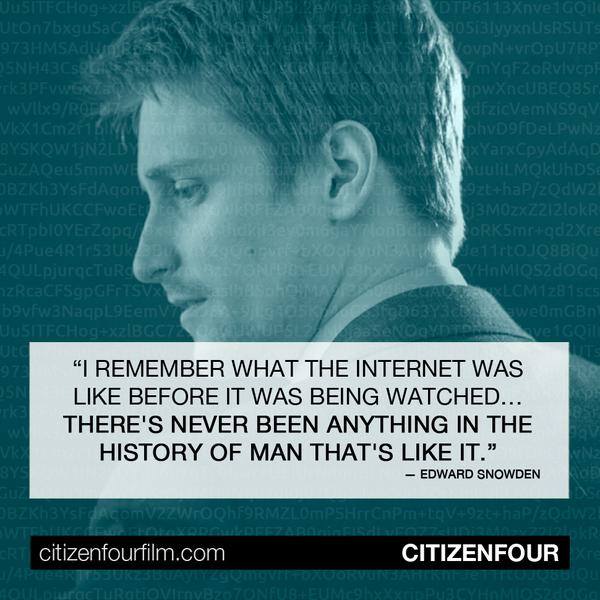Today the European Parliament has adopted yet another resolution on child abuse online. And as usual it is written in a very sweeping language.
4. Recognises the different roles, duties and responsibilities of the state and private industry including in respect of investigation, prosecution, the right to privacy and data protection; calls for an effective working relationship and, subject to proper legal and judicial oversight and in respect of what is lawful and necessary in the best interests of the child and for the protection of children from child sex abuse online, information exchange between law enforcement agencies, other appropriate state duty bearers, judicial authorities, and when appropriate and necessary and in compliance with the law, the ICT industry, internet service providers (ISPs), the banking sector and non-governmental organisations, including youth and children’s organisations, with a view to ensuring the rights and protection of children online and regarding them as vulnerable persons under the law; calls on the Commission to take the initiative of asking all the Member States to take action to tackle all forms of cyber predation and cyber bullying;
Is this a way of saying that ISP:s should police the Internet? Maybe. Some people, for certain, will read it that way and use it to promote their agenda.
And what about this one..?
5. Stresses that measures limiting fundamental rights on the internet need to be necessary and proportionate, in line with Member State and European legislation and in compliance with the child’s rights under the UNCRC; recalls that illegal online content should be deleted immediately on the basis of due legal process; recalls that removal of illegal online content, in which the ICT industry plays a certain role, can only take place after judicial authorisation; emphasises the importance of respecting the principles of the due processes of law and the separation of powers;
So, the European Parliament just said that it’s OK to limit fundamental rights on the Internet? I think it did. If so, naturally it’s a good thing that it’s going to be done under rule of law and after due process. But is it at all acceptable to limit our fundamental rights? The reason they are called “fundamental” is that they should not be limited. At all. Ever.
And then we have this one…
8. Calls on the Commission to further assess commercial distribution business models in hidden services, including a monitoring of the Deep Web and the Darknet criminal markets in order to determine proliferation of commercial sexual exploitation of children online as a potential consequence of further migration from a traditional payment system to a new, largely unregulated digital economy;
It would be interesting to know how.
It’s also worth noticing that the European Parliament opens up for playing the child porn card to regulate and control digital currencies. (Yes, they think they can.)
I understand that the European Parliament would like to be seen to do something about child abuse. But I fear that it — once again — only will open up for Internet regulation. Without helping a single abused child.
Even though this not is legislation, parliamentary resolutions are often used by people who want to control information, regulate the Internet and limit our civil rights.
/ HAX
